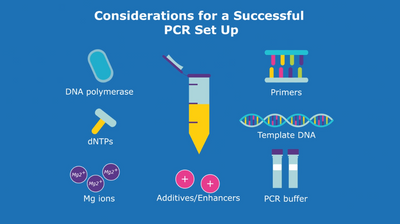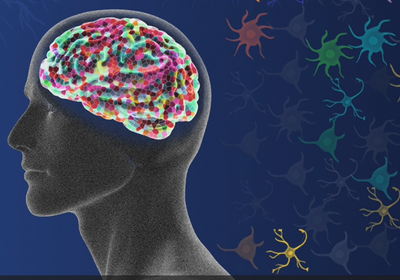Most mammals communicate vocally but humans are unique in their ability to communicate using spoken language. Humans are not born with an innate capacity to speak and understand language, but rather learn this skill as the brain develops. The complex interplay between neurobiology, genetics, and the environment shape vocal learning, but scientists do not understand the full extent to which each of these contribute to language development or to speech and language disorders. A recent study by a team of genetics and communication sciences researchers showed an association between specific gene variants and the susceptibility to developing early childhood-onset stuttering.
In this episode, Iris Kulbatski from The Scientist’s Creative Services Team spoke with Jennifer Piper Below, an associate professor of medicine at Vanderbilt University Medical Center’s Division of Genetic Medicine, and Dillon Pruett, a postdoctoral fellow in her lab, to learn more.
Speakers

Jennifer Piper Below, PhD
Associate Professor of Medicine
Vanderbilt Genetics Institute
Vanderbilt University Medical Center

Dillon Pruett, PhD
Postdoctoral Fellow
Division of Genetic Medicine, Vanderbilt University Medical Center




